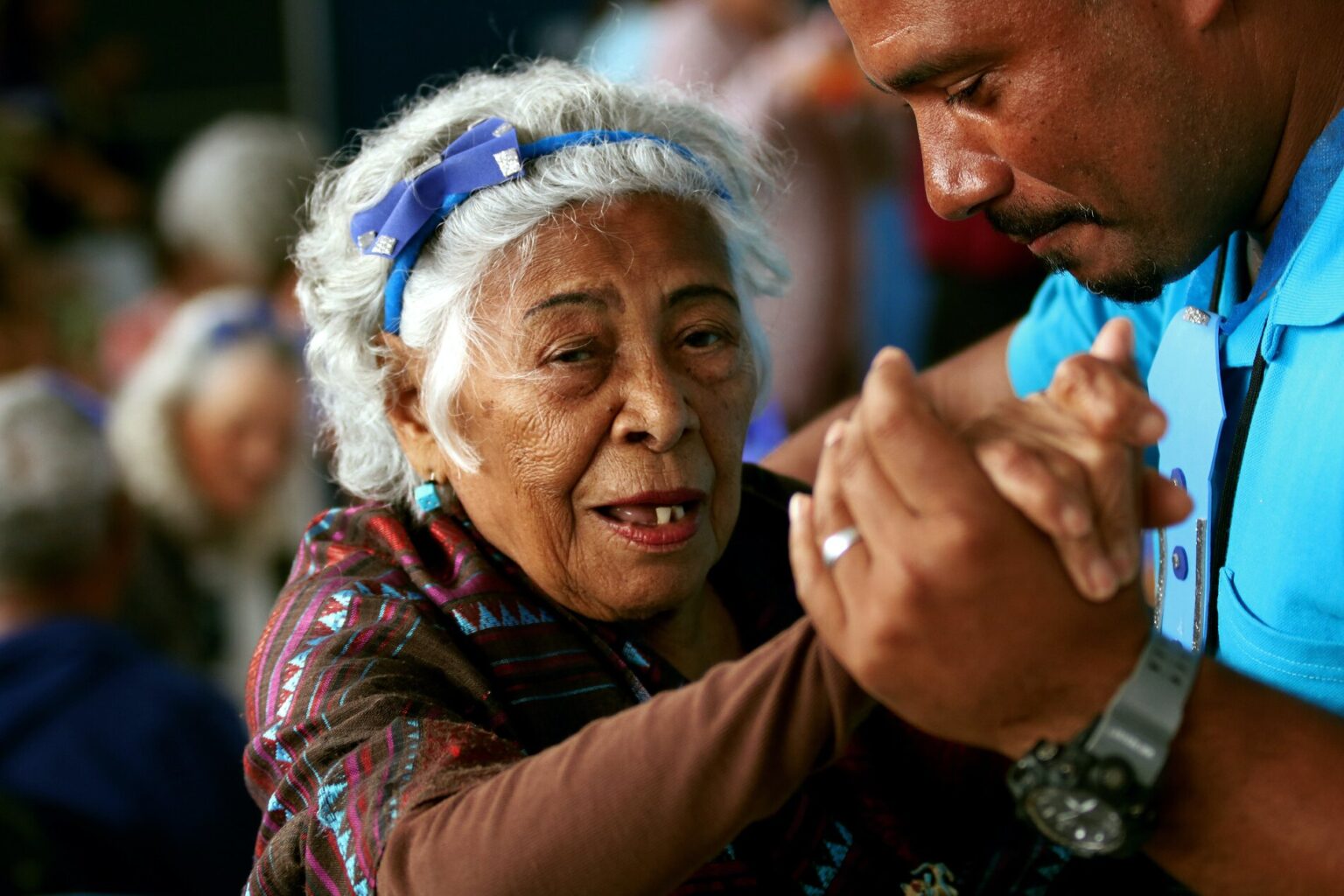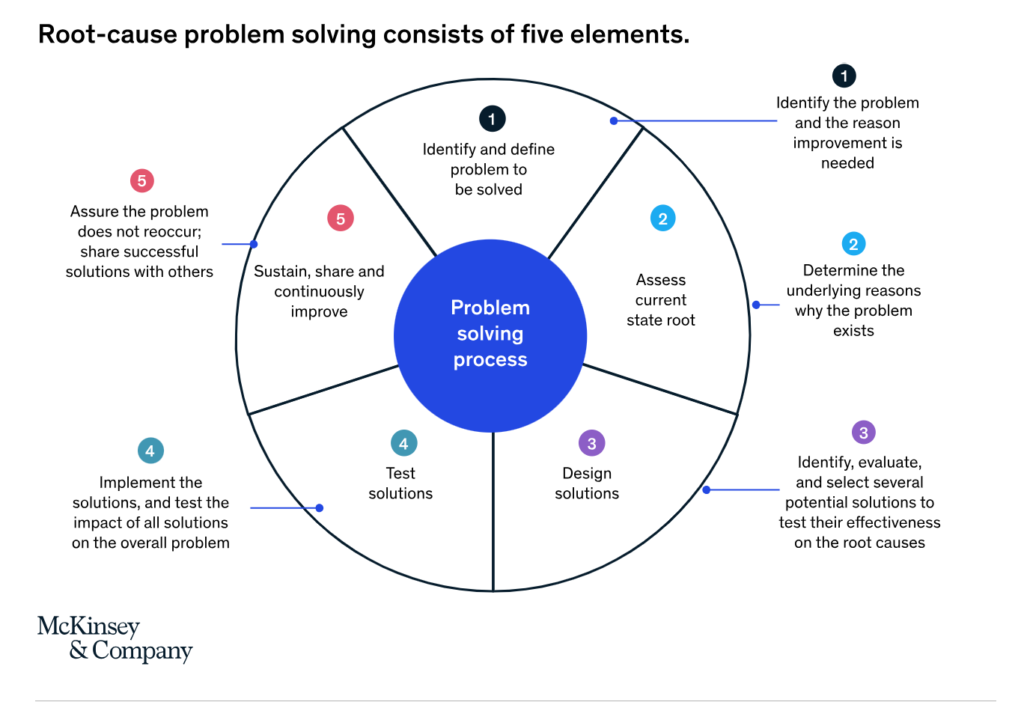@2021 invictIQ is a venture by Sprint Consultancy. All rights reserved. Privacy Policy.

How To Leverage Family For Outstanding Elderly Care
by Mark Topps
Involving the people important to the person being supported is crucial. We may support someone for a number of years, but it is a drop in the ocean compared to the experiences and insights that family and friends have.
Here is five ways in which involving family and friends can benefit and improve the delivery of care.
- Enhances the quality of care
When seeking feedback from family and friends it allows them to provide their opinion on where things are going well or not so well. Having an open approach to feedback allows you to learn from the feedback implement changes to enhance the quality of care. It is important that we do not allow opinions to overshadow what the individual receiving care would like, so this has to be a careful balance but all too often the feedback will be coming from a good place, with the person receiving care and support at the heart of their feedback.
Not only does the family/friends opinion form part of the feedback, but also the chance for them to let you know where they have observed any changes in the person’s condition and/or abilities. Sometimes these small differences wont be noticed by the care provider, especially if there is not continuity of care.
- Increases a person-centred approach
Family and friends are able to provide insights into the persons history, interests, allergies, likes and dislikes which can all be built into the care plan and helps to create a bigger picture of the person. Having this background knowledge allows conversations to be started and ensures people are not receiving or doing things they dislike but also creates more understanding of why a person is how they are, in terms of behaviours and attitudes. Input from friends and family can reinforce the importance of a person-centred approach to care, where the individual’s preferences, values, and goals are central to decision-making. A good example of this would be that a family member could provide insight into someone’s hearing impairment, which would in turn ensure that the care provider ensured effective communication methods were used to communicate.
- Communication enhancement
It can enhance the communication between the care team and the person’s support network which prevents complaints and ensures expectations can be met. Regular updates, involvement in care planning, and addressing concerns will also improve the overall care being provided.
We all to often think that the feedback will be negative, and this does prevent some providers from engaging with family members, however it can be as equally positive which in turn can boost the morale of the care team providing care. This acknowledgment will motivate staff to maintain the level of care being delivered.
- Improves the continuity of care
Emphasising the importance of feedback from friends and family can create a culture of continuous improvement and can ensure continuity of care. When patients are transferred between different care settings or when they receive care from multiple providers, friends and family feedback can help ensure that important information is not lost during these transitions. Families and friends are also able to identify patterns or trends which can be used to inform evidence based improvements.
- Improves transparency
Care regulators expect that providers are open and transparent, and when providers actively seek feedback from family and friends, it fosters transparency which in turn also increases trust between the provider, the care team and the person’s support network. Trust is what all relatives want from the care provider and its staff and transparency is fundamental in achieving them and care providers who are honest, accountable, have integrity and ensure fairness are in a much better place to achieve this.
Okay, so I said 5 tips, but here’s a 6th for good measure:
Feedback from friends and family members is a valuable resource for care providers, which is often free/low cost to obtain. Some of the best ways to constructively receive and engage this feedback could be through:
- Relative/stakeholder/service user/resident questionnaires
- Review systems such as Google, Glassdoor, Indeed, carehome.co.uk etc.
- Verbally captured from conversations
- Telephone calls seeking feedback.
- Relative meetings.
- Increasing open days
- Increasing the amount of communication channels and the frequency you are communicating.
Once you have this feedback it is important to utilise it, and some ways of doing this are:
- Capture the feedback, both positive and negative
- Utilise the positive feedback and get your teams to do more of this.
- Put the negative feedback into actions.
- Action those actions.
- Ensure you communicate what you are planning to do, what you have done and the outcome to those who submitted the feedback.
- Capture lessons learnt, changes and impact as this will be ideal for your inspections, both with your local authority and the regulator
In order to effectively utilise friends and family feedback, the care provider should establish clear channels of communication so that people know how they can provide input and this feedback loop should be ongoing and integrated into the care delivery process.

Mark Topps is a social care leader who has worked in the care industry since 2004 and is currently working as a regional support manager. He regularly advocates, appearing on television, radio and podcasts and has started many campaigns for change in legislation and culture within the industry. Mark is the co-founder of The Caring View which is a social care podcast, YouTube show and free resource initiative for the sector. He also co-founded The Health and Social Care Club, which is an audio event hosted on LinkedIn. Mark is also the social media and marketing director at the National Association of Care and Support Workers.
Share
Sign up for our newsletter

